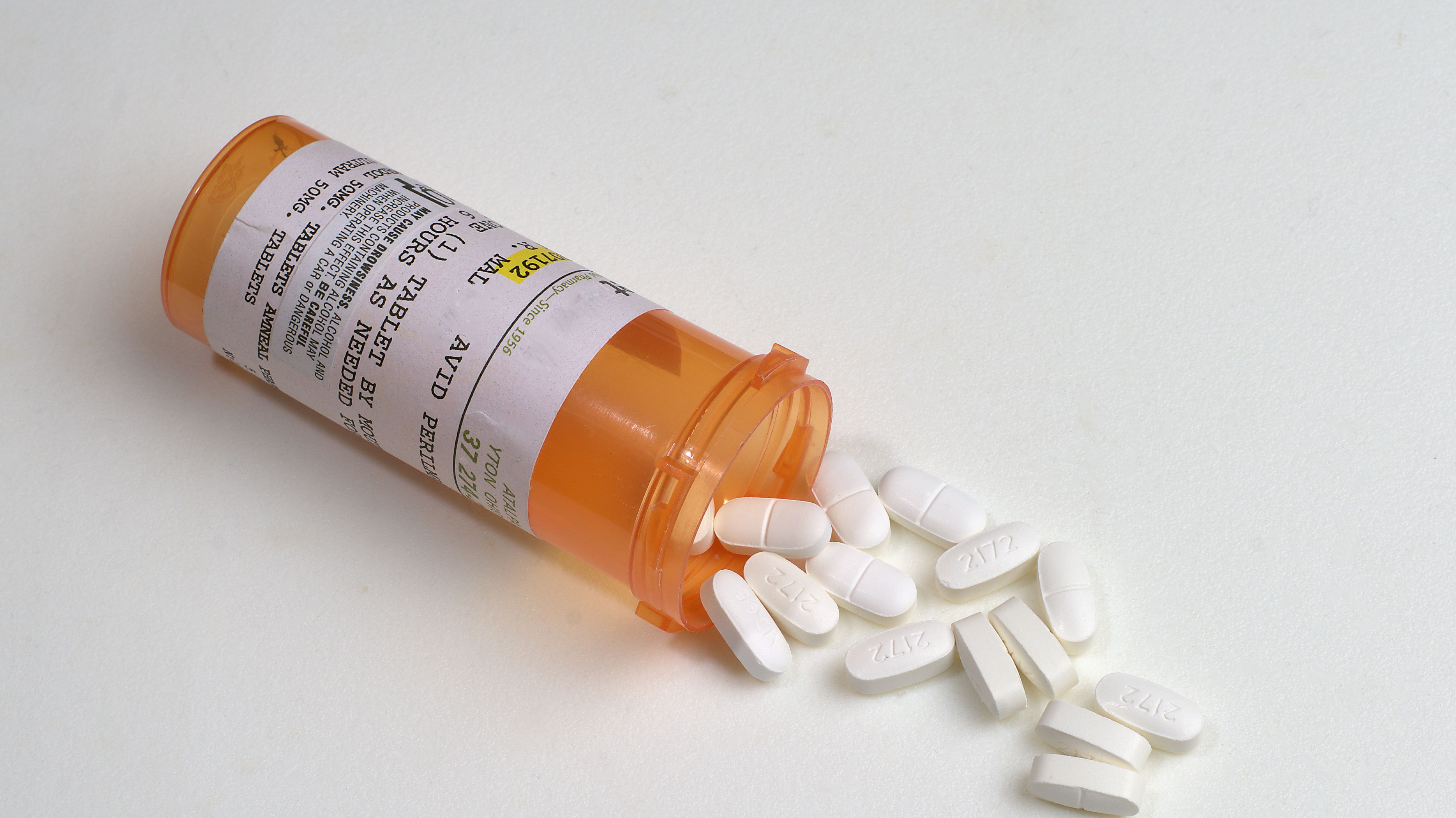
Hydrocodone Addiction
Hydrocodone is an opiate-based painkiller prescription drug that is extensively abused and misused in the UK, leading to dependence and addiction. In this article, we discuss facts, figures, risks and treatment options for hydrocodone addiction in the UK.
What is Hydrocodone?
Hydrocodone is sold under various brand names in the UK such as Zydone, Paramol, Codidol and Dicodid among others. Hydrocodone is metabolised very similarly to codeine, having the same addictive properties. It acts as an analgesic by binding to opioid receptors in the CNS and decreasing the release of neurotransmitters involved in pain sensation. However, chronic use leads to tolerance, dependence and addiction.
Some facts about Hydrocodone in the UK
• According to the UK Advisory Council on the Misuse of Drugs
There were around 92,000 patients prescribed hydrocodone in 2018 in the UK.
• Around 1-2% of those prescribed hydrocodone for pain relief misuse the drug, with approximately 0.25-0.5% transitioning to addiction according to the UK Advisory Council on the Misuse of Drugs. This amounts to around 2,300 - 4,600 potential addicts in the UK.
• Hydrocodone addiction in the UK is more common
In people aged 25-45, with males twice as likely to develop an addiction compared to females. Addicts misuse hydrocodone by crushing tablets for snorting or dissolving in water for injection.
• Risks associated with hydrocodone addiction include
Overdose, physical dependence, organ damage, mental health issues and increased risk of heroin addiction. Hydrocodone withdrawal can be severe and should be medically supervised.
• Treatment options for hydrocodone addiction include
Medically assisted detox, inpatient or outpatient rehabilitation, cognitive behavioural therapy, group therapy and relapse prevention counseling. After detox, medications like suboxone, methadone and naltrexone may be prescribed to prevent relapse.
What is the outlook for the UK?
Hydrocodone addiction is a growing problem in the UK due to the increasing prescription of the drug. However, with proper medical supervision and a comprehensive rehabilitation program, recovery from hydrocodone addiction is possible. The key is to seek help as early as possible before the addiction causes irreversible harm.
Frequently asked questions
- What is hydrocodone?
-
Hydrocodone is an opiate-based prescription painkiller drug that acts as an analgesic by binding to opioid receptors in the central nervous system.
- How does hydrocodone addiction develop?
-
When hydrocodone is taken regularly over a period of time, the body develops tolerance to its effects. This leads to increasing dosage to achieve the same pain relief. Eventually, the user becomes physically and psychologically dependent on the drug, leading to addiction.
- What are the risks of hydrocodone addiction?
-
The risks include overdose, organ damage, mental health issues, severe withdrawal symptoms upon discontinuation and higher susceptibility to other addictions like heroin addiction.
- How common is hydrocodone addiction in the UK?
-
Around 1-2% of patients prescribed hydrocodone misuse it, with 0.25-0.5% transitioning to addiction. This amounts to around 2,300 - 4,600 potential addicts in the UK out of nearly 92,000 patients prescribed hydrocodone.
- Who is at higher risk of hydrocodone addiction?
-
Those aged 25-45 are at higher risk, especially males who are twice as likely to become addicted compared to females. Those with a family history of addiction and mental health issues are also at higher risk.
- What is the recovery rate from hydrocodone addiction?
-
With proper medical supervision and a comprehensive rehabilitation program that addresses both physical and psychological dependence, the recovery rate from hydrocodone addiction is around 30-50%. However, recovery requires lifelong management to avoid relapse.